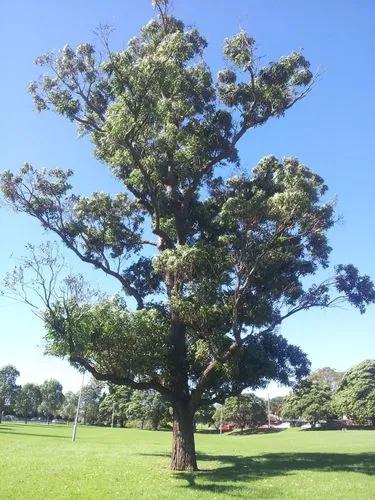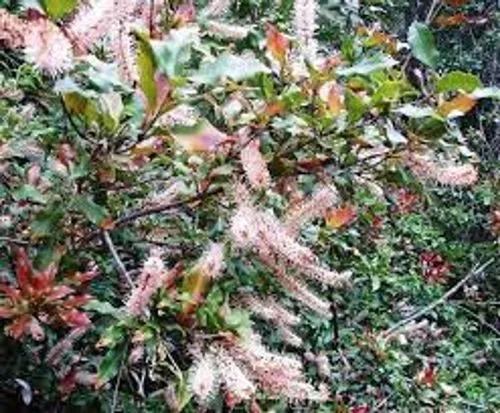Coccoloba diversifolia, known as pigeonplum or tietongue, is a species of the genus Coccoloba native to coastal areas of the Caribbean, Central America (Belize, Guatemala), southern Mexico, southern Florida (coastal regions from Cape Canaveral to the Florida Keys) and the Bahamas.
Pigeonplum Care
Coccoloba Diversifolia



Pigeonplum is a small to medium-sized tree growing to 10 m (rarely to 18 m) tall. The bark is light gray, smooth, and thin but may become scaly on the largest trees. The leaves are 3–13 cm long and 1–7 cm broad, smooth edged, wavy, oval to oblong, rounded or pointed on the ends, leathery, brighter green above and paler below; leaves on young plants and root sprouts are larger than those on mature plants. The numerous, inconspicuous flowers appear on spikes 1.5–18 cm long in the spring. The fruit is an achene 6–10 mm long surrounded by a dark purple edible fleshy perianth, ripening in the fall. The tree is unable to survive hard frost. It is resistant to high winds, salt and drought.Plants can tolerate short-lived frosts and freezes, but generally grow better in frost-free, warm climates.Prefers a moist but well-drained fertile soil in a sunny position. Tolerates poor soils. The plant is highly adapted to both sandy soil and salty conditions, often growing near the shoreline. Established plants show considerable tolerance of drought. Plants can flower and produce fruit all year round. A dioecious species, both male and female forms need to be grown if fruit and seed are required.
How to Care for the Plant

Popularity

94 people already have this plant 10 people have added this plant to their wishlists
Discover more plants with the list below
Popular articles






